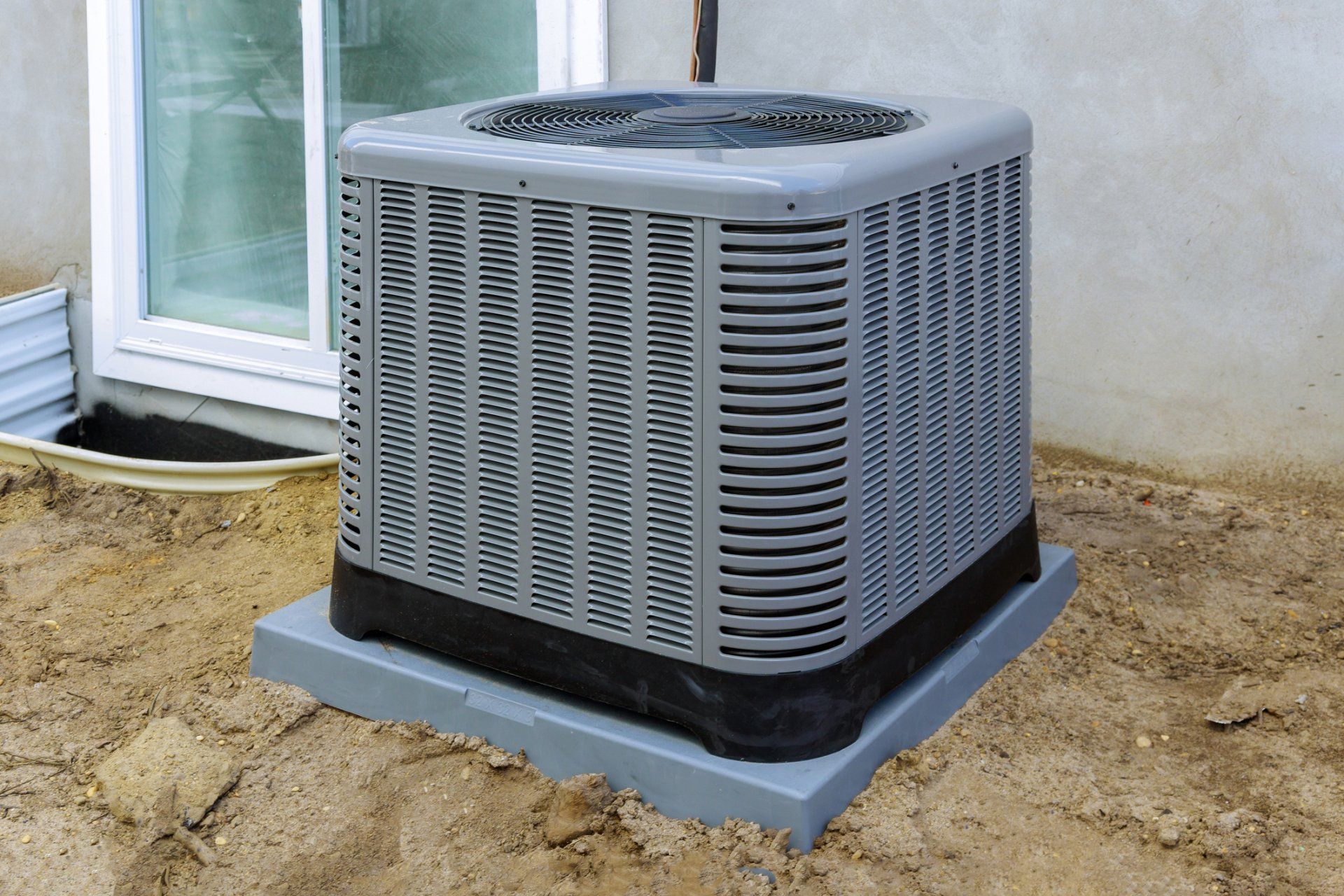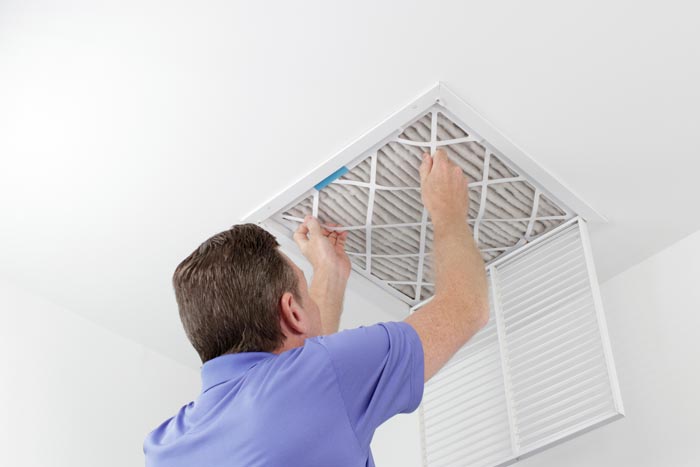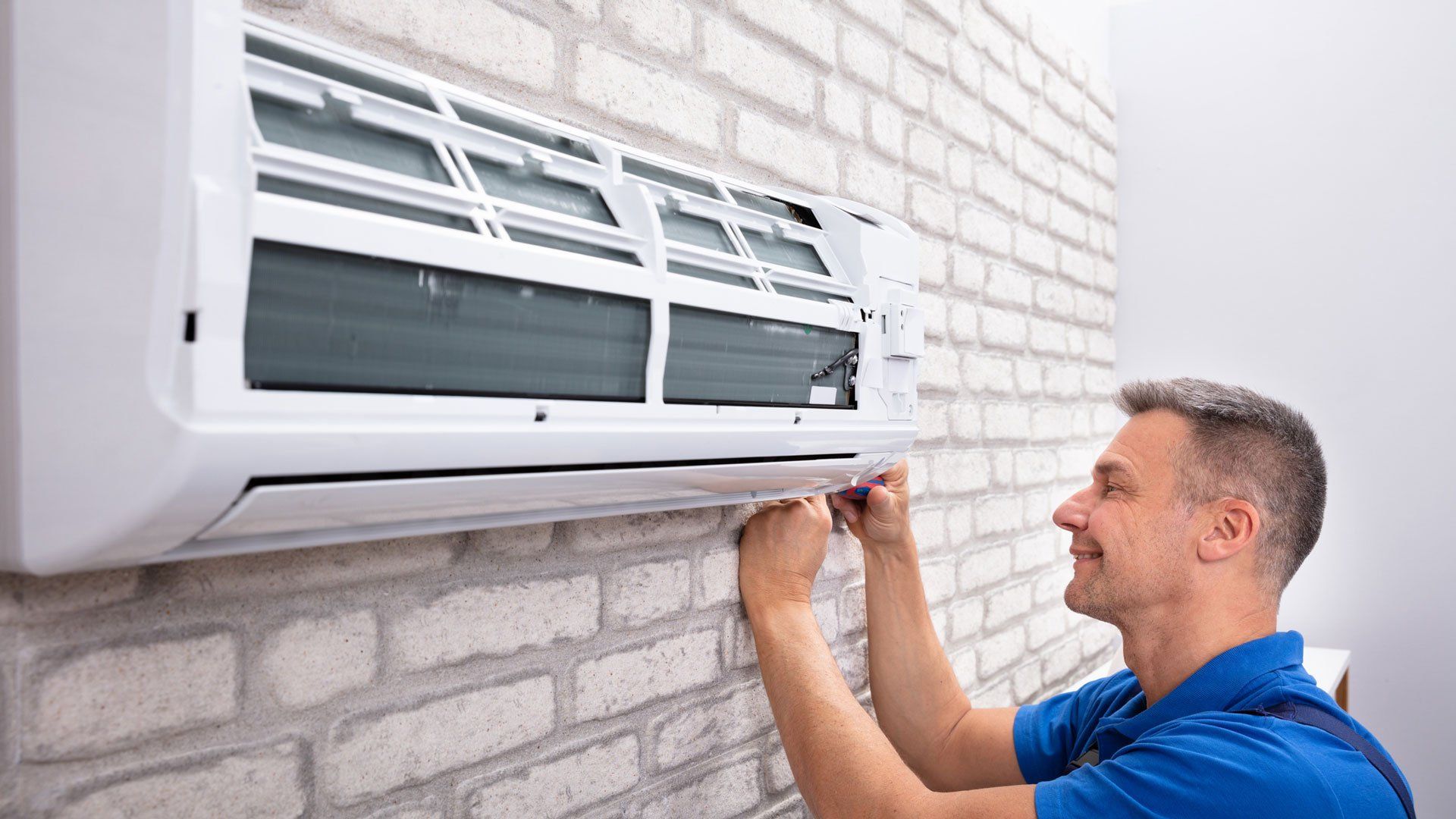AC Refrigerant Leaks: What Every HVAC Owner Needs to Know
Refrigerant plays a crucial role in the optimal performance of your air conditioning (AC) system. A slight reduction in the AC's refrigerant can lead to high electricity costs, cumulative system damage, and overall discomfort in the home.
It is important to anticipate refrigerant leaks in order to fix the problem before it is too late. Here's a quick guide to help you get started.
Causes of Refrigerant Leaks
Several factors could cause a Freon leak in your AC. The most common causes include aging, corrosion, and improper installation of the unit.
Aging
Over time, the AC piping can succumb to wear and tear and begin to leak. The outside unit, which is exposed to weather elements and environmental contaminants, could also rust around the joints, leading to leaks.
Corrosion
Your AC's copper tubing may be subjected to corrosion. Often, formic acid or formaldehyde is the culprit. Formaldehyde is present in almost all homes. This chemical compound not only compromises indoor air quality, but it can also eat away copper tubes in the indoor AC unit.
Formic or formaldehyde corrosion tends to cause multiple leaks, which can result in expensive repairs or replacement of the coils. Find out if your HVAC contractor can replace the copper coils with corrosion-resistant aluminum coils.
Bear in mind that extensive corrosion due to lack of regular maintenance may require complete replacement of parts of your AC system.
Improper Installation
Even a new AC unit can leak refrigerant if the unit vibrates excessively from improper installation. In addition, any damaged parts of the AC unit could cause Freon leaks.
Signs of AC Refrigerant Leaks
Early identification of a refrigerant leak can mitigate the need for expensive repairs or replacement. There are several telltale signs of a Freon leak.
Energy Bill Is Higher
If your energy bills spike up suddenly, a defective AC unit could be the culprit. Adjusting your thermostat downward to cool your home faster can increase energy usage, and the costs can add up fast.
House Takes Too Long to Cool
During the warmer months, the refrigerant absorbs indoor heat and releases it outside. If your AC is taking longer than usual to cool the house, it is likely that the refrigerant levels are too low.
Vents Not Releasing Cool Air
Place your hand on the AC vents to check the temperature of the air being released. If the air is not cool, it is a sure sign of depleted refrigerant.
Ice Forms on the Coils
Low levels of refrigerant will prevent the coils in the indoor unit from absorbing enough heat. This can cause the coils to freeze over. You will only likely notice the problem when the ice melts and drips on the floor.
Indoor Unit Produces Unusual Sounds
Look out for a hissing sound in your indoor AC unit. This sound is likely coming from corroded copper coils that carry the refrigerant throughout the system. A louder bubbling sound could be a sign of extensive leakage.
Frozen coils could be a sign of a much larger issue such as a defective compressor. Have an HVAC technician check your AC unit immediately to curtail further damage.
Remedies for Refrigerant Leaks
With preventative maintenance, you can avoid refrigerant leaks and the associated repair or replacement costs.
Small leaks in the AC unit can be repaired easily. In case of extensive damage, your HVAC technician may recommend replacing the evaporator coils entirely.
An AC system that won't work can be distressing, especially during the blistering summer months. Avoid quick fixes such as attempting to fill up the refrigerant, as this could cause irreversible damage to your system. Instead, call a professional HVAC technician if you notice any signs of a leak.
At Parks Davis Air Conditioning & Heating, you can trust our experienced technicians for reliable, timely, and affordable HVAC repairs. Call us today to schedule an appointment.






